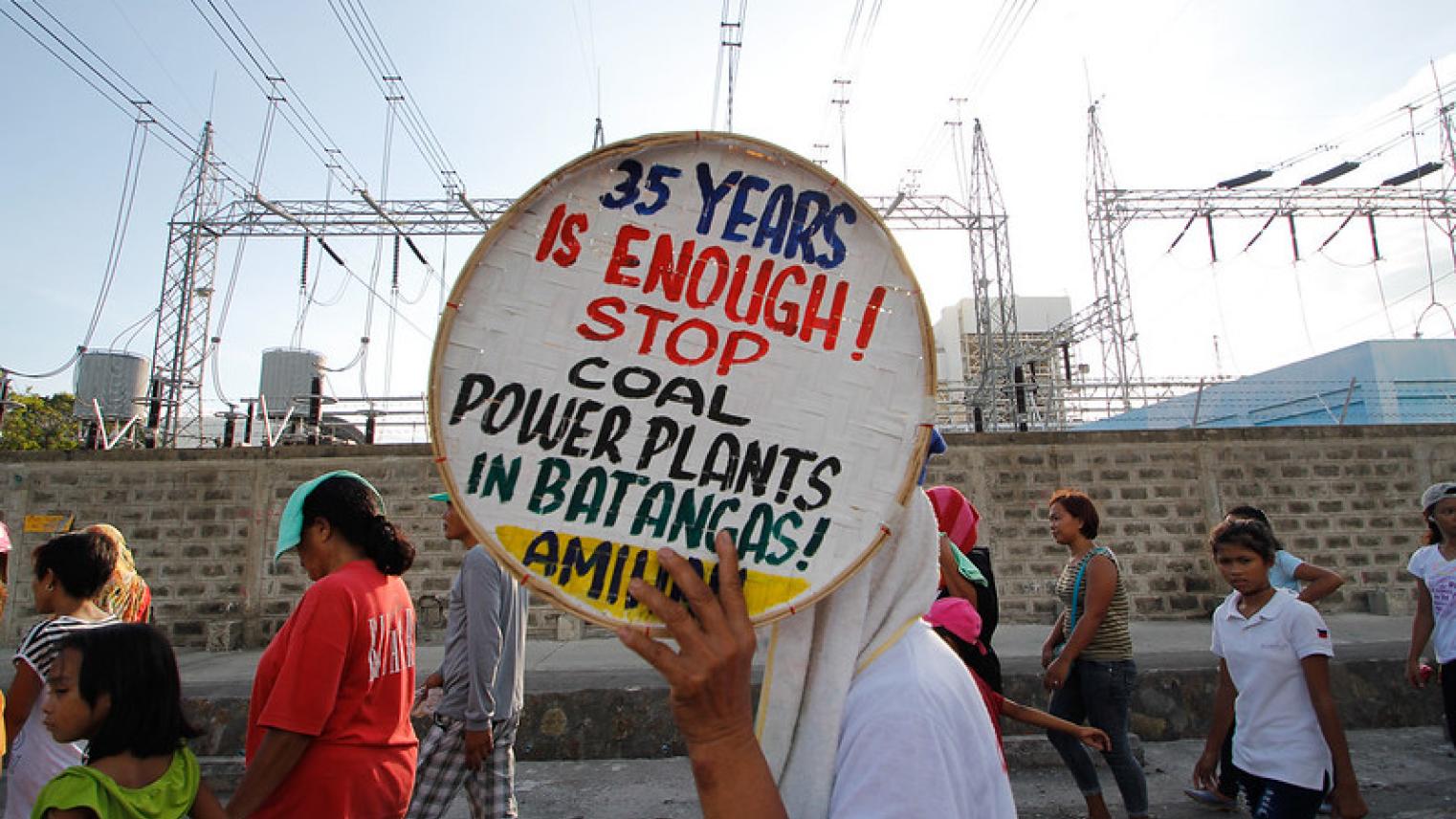Key Impact Points:
- Moldova’s digital transformation is advancing, but cybersecurity and broader ecosystem integration remain crucial.
- Digital public infrastructure (DPI) is essential for sustainable growth, and building resilience into these systems is critical.
- UNDP’s role is pivotal in supporting countries to implement inclusive, robust, and secure digital systems.
The State of Moldova’s Digital Transformation
Moldova has made impressive strides in its digital transformation journey. Many essential building blocks for digital public infrastructure (DPI) are already in place, including mobile payments, the EVO app, and a digital ID system. Gayan Peiris, Head of Data and Technology at the UNDP’s Chief Digital Office, praised these achievements after the Moldova Digital Summit 2024. However, he emphasized that digital transformation is a continual process, and no country, including Moldova, has perfected the blueprint.
“There is already a shift in mentality from ‘Government having to innovate’ to the ‘Government being an enabler of ecosystems that allow innovation to flourish,’” Gayan Peiris noted.
What is Digital Public Infrastructure (DPI)?
Peiris explained DPI by likening it to physical infrastructure, such as roads and streets. “Just as you need a good network of streets and roads to move freely and transport goods, you need strong digital public infrastructure to share and access technology,” he said. It’s akin to having the best car but no decent roads to drive on. Moldova has some of the right roads in place, but there are still potholes in its digital landscape that need attention.

The Role of Resilient DPI
A resilient and inclusive digital infrastructure is crucial for Moldova’s future, according to Peiris. “A safe and inclusive digital infrastructure means everyone in the country can use Government-enabled systems like authentication or payment, without worrying about their privacy,” he said. Building resilience into these systems ensures that they can withstand challenges such as rising cybersecurity threats. Every government agency in Moldova must have a plan to address these concerns, as the digital transformation journey is far from over.
UNDP’s Support for Robust DPI
The UNDP has been pivotal in helping governments like Moldova’s implement DPI. However, Gayan highlighted that true digital transformation requires buy-in from the highest levels of government. “To achieve far-reaching impact, there needs to be buy-in from the highest office,” he explained. He pointed to Moldova’s Digital Delivery Units as a model of success, noting that in countries like the U.S., UK, and Canada, these units are positioned close to the Ministry of Finance, signaling the importance of financing in realizing digital transformation plans.
Peiris reiterated that more needs to be done to drum up support across Ministries, with practical examples helping to demonstrate the importance of DPI: “Not many people will care about the road itself, but they will start paying attention when they realize potholes could damage their cars.”
Inclusive Growth through Digital Technology
Digital transformation is a key enabler of sustainable economic growth, especially when it comes to inclusiveness. Peiris emphasized that digital systems can offer life-changing opportunities for women and girls. “In some cases, women who have historically lacked access to banking due to cultural barriers can now access digital financial instruments,” Peiris shared. These systems can empower them to grow, learn, and communicate—transforming lives in ways unimaginable before the digital age.

In Myanmar, for example, digital technology has enabled refugees to register for digital IDs, bridging critical gaps in services and access. The approach to inclusiveness must be systemic, ensuring that digital is an enabler for all of society and across various sectors.
Driving the SDGs with Digital Transformation
Peiris underscored how digital transformation is essential for accelerating the Sustainable Development Goals (SDGs). “Digital transformation supports the acceleration of the SDGs at a faster scale,” he stated, citing how digital platforms could dramatically expand the reach and impact of capacity-building programs in education. Data plays an equally crucial role in policy-making, particularly when it comes to creating better energy policies by leveraging satellite and drone imagery to monitor usage and distribution.
Looking Ahead
Moldova’s next steps are crucial to ensure that its digital transformation remains on track. Strong buy-in, capacity building, and structural design principles like interoperability are essential, Peiris advised. He also called for better tracking mechanisms, such as performance dashboards, to monitor progress and adjust strategies as needed.
As for the future, Peiris remains hopeful. “I am a parent, which means I am always thinking and worrying about the future,” he reflected. The key, he noted, will be to embrace the digital era and ensure that advancements in AI and technology improve lives across the board. This is where organizations like the UNDP will play a critical role in ensuring that digital transformation benefits both people and the planet.

 Follow SDG News on LinkedIn
Follow SDG News on LinkedIn











